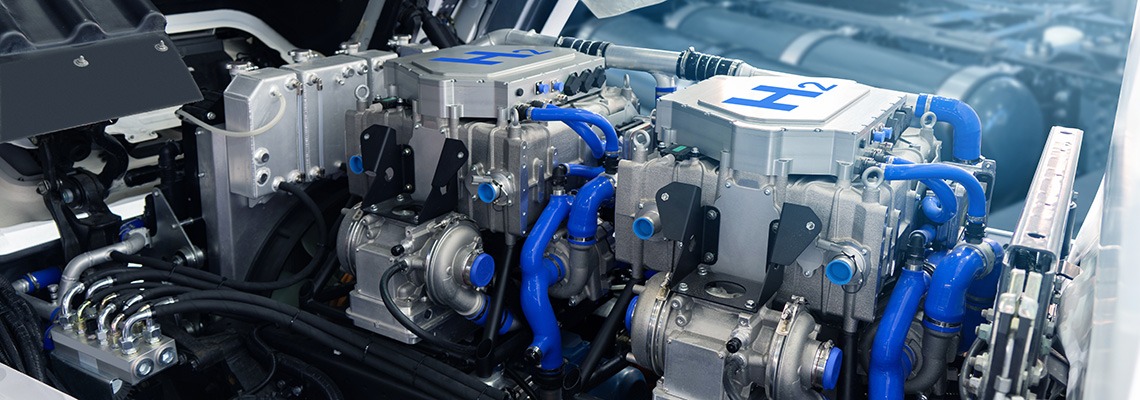Chinese EVs Moving Ahead of US Producers
With the US history as automobile leaders of the 1900s, it is easy to assume the US will continue being the automotive leader globally and especially domestically. However, the US is rapidly being outmaneuvered, out-innovated, and left in the dust by its Chinese competitors – particularly in the field of EVs.
This article brings together several stories relating to the automotive market with particular emphasis on BYD.
Overall, Chinese electric cars are leading the US auto industry, and it’s hard to imagine that story won’t get even more imbalanced in the coming four years with President-elect Donald Trump slowing US progress on EVs.
Source: Clean Technica: Read The Article
PSR Analysis: In China, there seems to be a real appetite for innovation, change and growth which seems to be lacking in Europe and the US. Many western auto brands are overpricing their vehicles and cancelling the most affordable models. This short-term outlook may be the end of these brands, as they are struggling to be relevant in today’s market. PSR
Guy Youngs is Forecast & Adoption Lead at Power Systems Research



